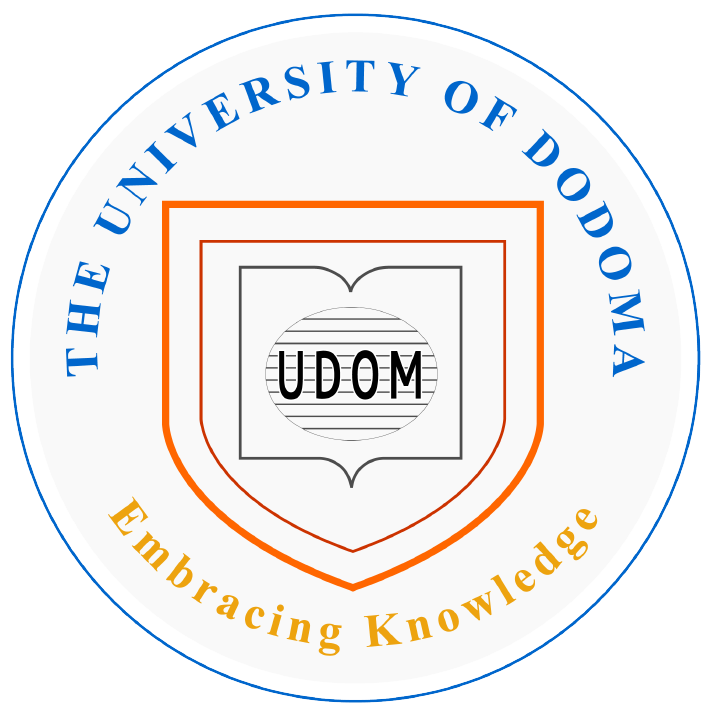Abstract
Ghana, a former British colony that became the first country in sub-Saharan Africa to achieve self-autonomy on March 6, 1957, holds a particularly special place in the world's and Africa's practice of democracy and good governance. Evidently, Ghana has had a turbulent but admirably tried and tested historical trajectory, having transitioned from colonial rule through military dictatorship to a constitutional democracy, which was solidified with the adoption of the 1992 Constitution. With evidence of 9 successful elections and 5 presidents elected in 33 years, it is unsurprising that Ghana has earned enviable credentials from governance rating agencies like Transparency International and the Ibrahim Index of African Governance. Despite the glowing tributes and monumental gains in governance, its democratic experimentation has not been seamless. In recent years, it has erupted practical challenges which have worsened, particularly under the fourth republic, necessitating the need to interrogate the situation and, in Arkorful's (2023a) words, identify the "torn ligaments and sinews" for "stitching".
